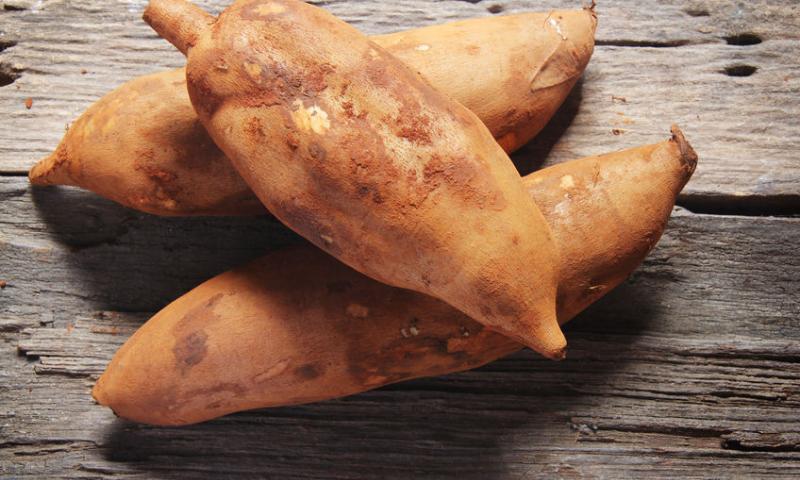 />
/>
COMMON NAME: Yacon
LATIN NAME: Smallanthus Sonchifolius
ORIGIN: South America
HABITAT: Yacon is widely distributed in the Andes mountain range. It grows at altitudes from 900 to 2300 m. For many years, the plant is extremely popular in Iran, the USA, Korea, Japan, New Zealand, in the countries of Southern Europe, in Brazil, etc. Not long ago, Yacon spread to the territories of the former Soviet republics of Central Asia, reached Moldova and Uzbekistan.
BOTANICAL INFORMATION:
Yacon (lat. Smallanthus sonchifolius) belongs to the genus Smallanthus and the Asteraceae family. The aboveground part of Yacon growing in nature can reach a height of 2 to 2.5 m. This is in areas with a mild climate. In colder regions, the height of the plant does not reach more than 1.8 m. The leaves of Yacon and its shoots are annual. They die in autumn. However, the thick and fleshy rhizome, formed at the base of the main shoot, is perennial and dies only when the soil freezes. Each plant can develop up to 25 root tubers.
Yacon leaves are large, slightly pubescent. They have a beautiful spear shape. The bottom tubers are lighter in color. The tubers of this plant have an elongated shape, sweetish taste and apple-watermelon scent.
The rhizomes of the plant are large and can weigh up to 1.4 kg. Thin tillers that grow over time and acquire an oval (or pear-shaped) shape grow from them to the sides. The color of the skin is both yellow and pale brown, and the color of the flesh is white or yellow.
When growing, the roots of the Yacon rhizome are very thin, but a little later, they thicken and acquire a spindle-shaped, pear-shaped or oval shape.
CHEMICAL COMPOSITION:
Yacon tubers are considered the warehouse of amazing chemicals. They contain inulin, various amino acids, protein, potassium, phosphorus, fructose, a large amount of vitamins, including vitamin C, riboflavin, niacin, thiamine. Vitamins of group B are useful at metabolic disorders. Niacin lowers cholesterol. Ascorbic acid fights aging. Yacon contains selenium, caffeic and chlorogenic acid, phenolic compounds. These substances slow down cell aging.
INTERESTING INFORMATION:
There is an opinion that the Yacon plant is a vegetable of the XXI century. Moreover, it is ranked almost as a strategic product of the future. All this only raises the reputation of this plant. In connection with this, active sales of Yacon seeds are going on, people are actively buying seeds and cultivating Yacon on their backyards.
South Americans use Yacon as a raw material for the production of sweet syrup, which is a natural sweetener.
This plant is used to prepare salads, chips, desserts, yogurt additives, syrups, candied fruits, juice.
In addition to cooking, the vegetable has found its use in the cosmetic industry: it is used for the production of various cosmetics.
*This article is for informational purposes only. We suggest consulting a physician before using these or any other herbal supplements.
